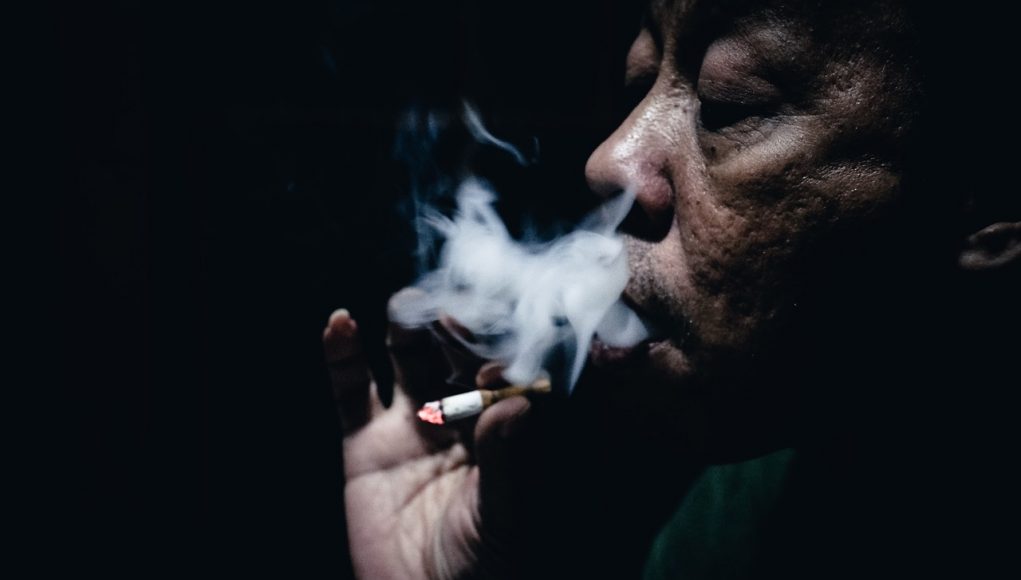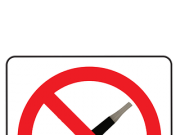A recent UK study of about 2,000 people conducted between the 30th of April and the 13th of May in YouGov’s Covid-19 tracker, had indicated that approximately 2.2 million people in the UK were smoking more than usual during the coronavirus crisis. Similar data has emerged from all across the globe, hence public health experts have been urging authorities to refrain from banning vaping, as former smokers switching back to smoking is more harmful than vaping.
Of course, data from the US have indicated similar patterns. Americans are smoking more during this high anxiety period and many are also switching back from vaping to smoking due to all the vape restrictions, such as flavour bans, being set in place.
Altria readjusts budget for increased cigarette sales
This return to smoking has been significant enough to slow the years’ long decline in U.S. cigarette sales, said the tobacco giant. In fact Altria is now expecting a cigarette unit sales drop of about 2% to 3.5%, in comparison to the projected 4%-to-6% decline.
“Fewer social engagements allow for more tobacco-use occasions,” said Altria Chief Executive Billy Gifford. “That consumer was faced with choices. It benefited the entire cigarette category.”
Vapers turn to the black market
Another negative effect of restrictions is people purchasing products on the black market. In South Africa, where a total ban on tobacco and safer alternative products has been set in place, Vapour Products Association of South Africa (VPASA) chief executive Asanda Gcoyi, reiterated that treating cigarettes and safer alternatives in the same manner poses a significant problem.
“My other concern is the illicit market. People are buying vape juice from shops we know nothing about, we hear it’s available at spaza shops, stories that people are mixing juices at home, which is extremely dangerous, because they are just mixing things and the environment is not right,” said Gcoyi.
And this is exactly what has happened. A recent study conducted by the University of Cape Town, had proven these predictions to be right. Economic scholars Corné van Walbeek, Samantha Filby and Kirsten van der Zee, surveyed over 16,000 people on how they were being affected by the tobacco ban.
Read Further: WSJ
Farsalinos Replicates Study on Toxicity Classification of E-Cig Flavouring Compounds




![Recent Conference Urged Nations Worldwide to “Quit [Smoking] Like Sweden”](https://www.vapingpost.com/wp-content/uploads/2024/04/vape-conference-238x178.png)







